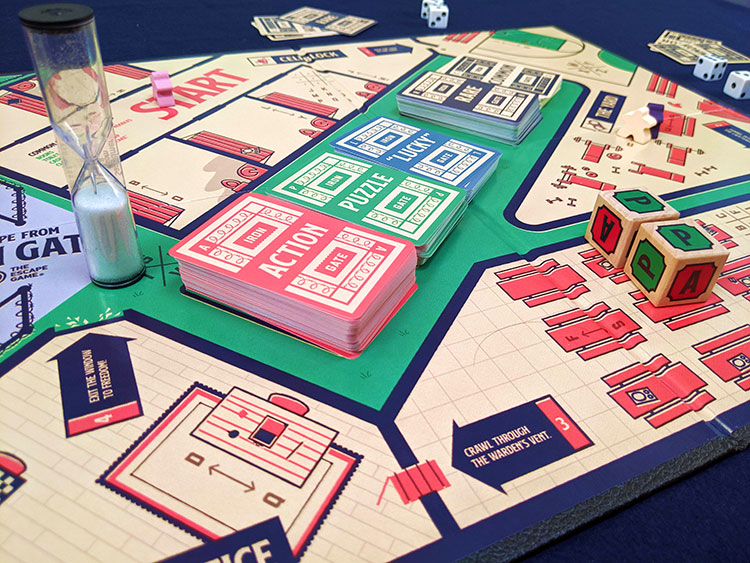

Arguing for the New Jersey defendants, Carter Phillips instructed the justices on the fine distinctions between a "a true anal cavity search," on the one hand, and "simply an anal focus and genital focus search." Scalia interrupted him: "You want us to write an opinion that applies only to squatting and coughing." Most of the justices were about as interested in thinking about those distinctions, gentle reader, as you are. The major question before the Court is how close the officer can stand and when or if the inmate may have to lift or squat. Further, all inmates can be "observed" naked, in the showers or during medical inspections. Visitors sometimes do smuggle in contraband, and inmates don't have to have contract visits. (The jail's own personnel wrote on his intake form, having his record in front of them, that they saw no grounds for suspicion.) The important question, of course, is how the justices see him and those like him: law-abiding citizens snared by a clumsy system, or potential Cobblepots? The argument takes place against a legal background in which the Court, in 1979, had already held that inmates already could be strip searched upon return from "contact visits" with outsiders. Albert Florence had some criminal charges in his background, but he seems to me less like the Penguin than like Kafka's Joseph K., who "without have done anything truly wrong. To be clear, this is not a matter of having to take off clothes for a shower or a medical inspection it's a matter of one or more guards standing in arm's reach of the prisoner, with the option of requiring a male prisoner to move his genitals, and asking any prisoner to open bodily orifices. Now such inadvertent brushes with the law may bring strip searches as well. But all of these offenses have subjected citizens to arrest, and the Supreme Court has approved that approach to law enforcement. The Fourth Amendment, which applies in jail as well as on the outside, forbids "unreasonable searches." Is a routine strip search reasonable? Failure to pay a fine is not a crime in New Jersey neither is driving without a seat belt, or asking to exit a parking deck without paying when there's no available parking.


Florence insists that the authorities need "reasonable suspicion" in this case.

What sane person would have thought it would? The two counties that Florence has sued for subjecting him to this squalid ordeal now argue that there is no need for any sane suspicion -that any person, even one arrested for a non-criminal offense such as failure to pay a fine - can be subjected to repeated strip searches on the off chance that he or she may be carrying contraband. The strip search produced no contraband a second strip search, when Florence was transferred to another county's jail after a week of illegal detention, was even more intrusive, requiring Florence to squat and cough under the eyes of jail staff. Board of Chosen Freeholders, argued Wednesday before the Supreme Court, the victim of the illegal detention and search, Albert Florence, was not a criminal mastermind at all, but an auto-dealership employee on his way to a family dinner. Foiled! Except, of course, that in the actual events at issue in Florence v. But then - holy lockdown! - the alert jail staff, in violation of New Jersey law, conduct a strip search of your person. But luck is with you: the officers ignore the law and frog-march you into the hoosegow. There is still, however, a potential flaw: because the warrant is invalid, the police can thwart your scheme by simply presenting you to a magistrate upon arrest, as they should do, rather than processing you into the jail. So far, the plan has functioned flawlessly.


 0 kommentar(er)
0 kommentar(er)
